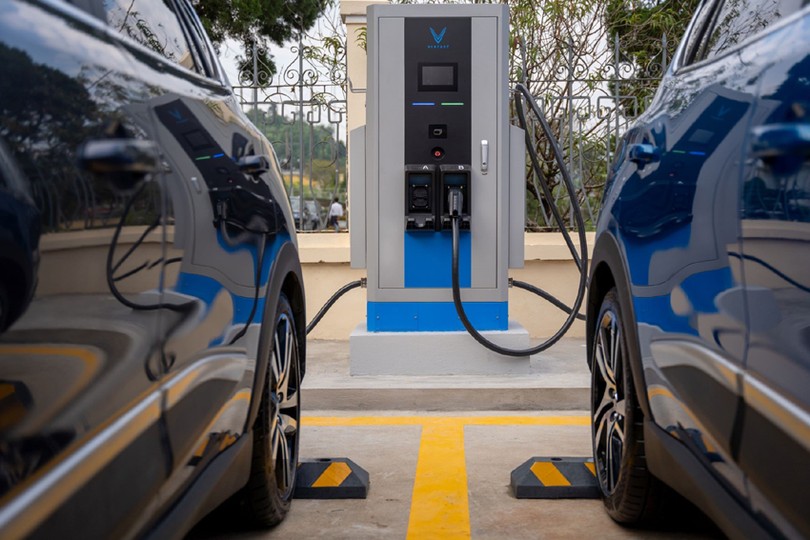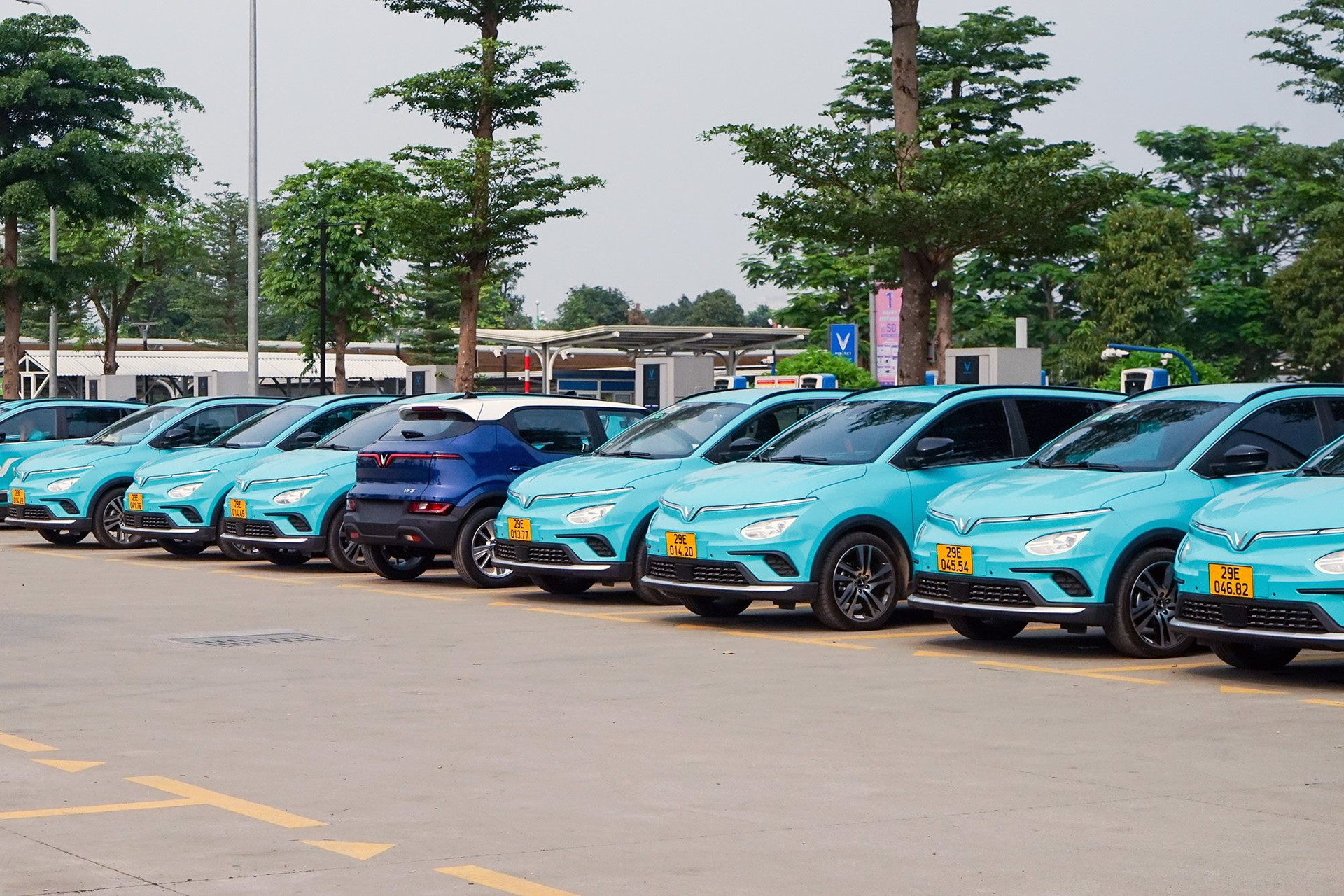15-08-2023 21:54
Day 7 of The Experience of Korea E-mobility: Insights on E-Mobility, CAN Protocol, and Global Collaborations As the day progressed, the spotlight turned towards a significant juncture, delving into the intricacies of the Controller Area Networks (CAN) protocol, a cornerstone element within the landscape of electric mobility.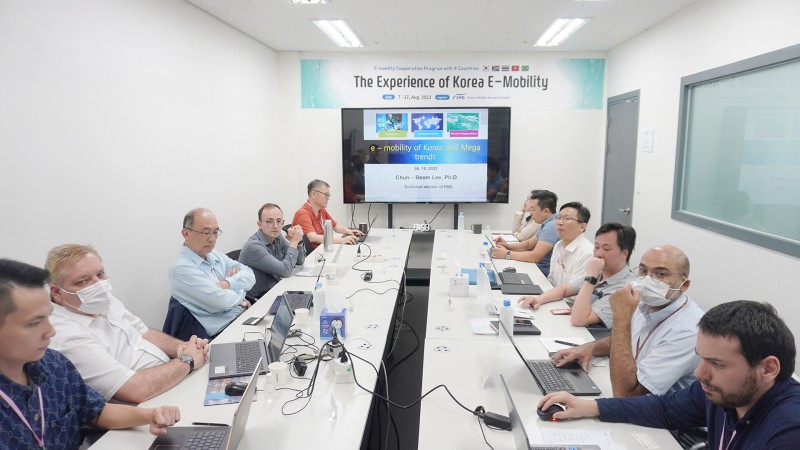
On the seventh day of the seminar, we were privileged to be enriched by the profound insights of Professor Chunbeom Lee, who previously served as a researcher at Kaist and currently holds the position of Director at the Korea Digital Twin Laboratory. Professor Lee expounded upon a comprehensive historical overview of research development in South Korea, meticulously detailing the nation's remarkable journey towards achieving unprecedented economic growth through strategic public policies aimed at fostering research, technology, and industrial advancement.
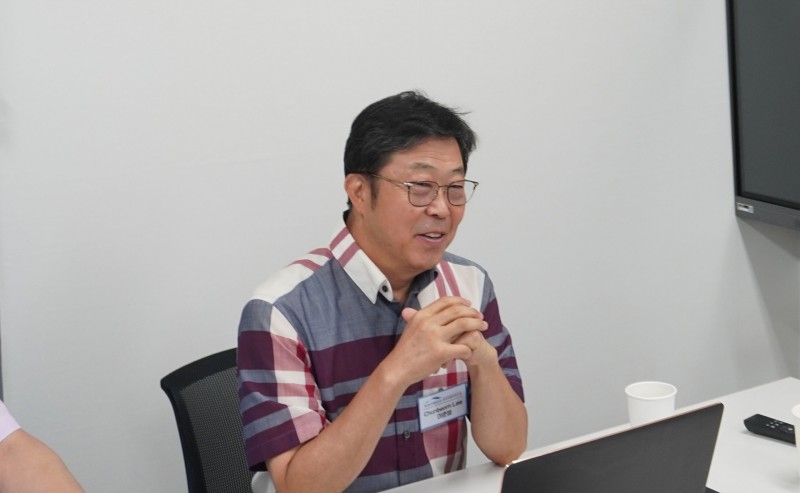
This presentation provided a crucial backdrop for understanding the substantial strides made in the realm of research and development (R&D) within South Korea's automotive industry, shedding light on the pivotal milestones attained in recent years.
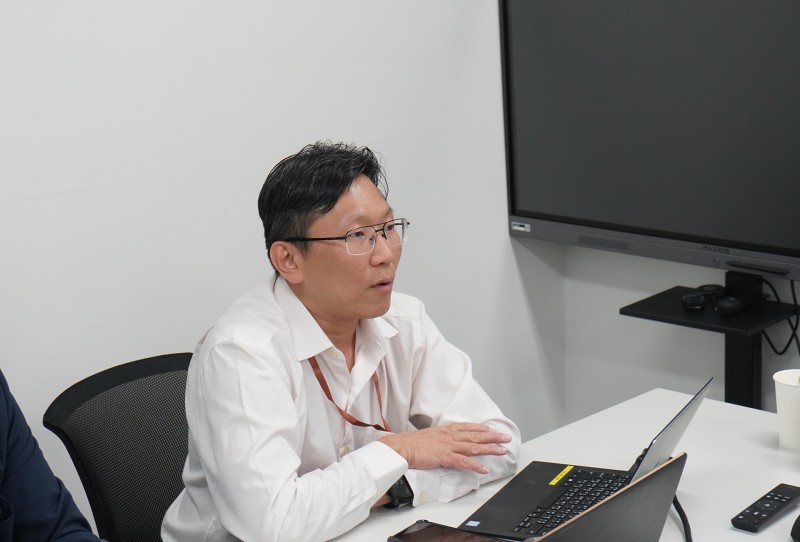
Post-lunch, the proceedings continued with comprehensive presentations by Thailand and South Africa, each offering an in-depth national overview and prospective insights into e-mobility. Mr. Worawuth Kovongpanich, the representative from Thailand and Vice President of Thailand Automotive Institute, elucidated the impressive strides made in Thailand's battery manufacturing industry and outlined their visionary industry plans. Following suit, Mr. Delon Mudaly, representing South Africa and serving as CSIR Director, delineated the challenges and opportunities within South Africa's energy sector. He accentuated industrial strategies dedicated to e-mobility, with a special focus on micromobility solutions as a pivotal driver of sustainable transportation.

As the day progressed, the spotlight turned towards a significant juncture, delving into the intricacies of the Controller Area Networks (CAN) protocol, a cornerstone element within the landscape of electric mobility. The esteemed Professor PhD Tong-Won Lee, Director of the Future Mobile Center (FMC), led this enlightening discourse, offering a meticulous elucidation of the profound role and nuanced functionality of the CAN protocol within the domain of e-mobility.
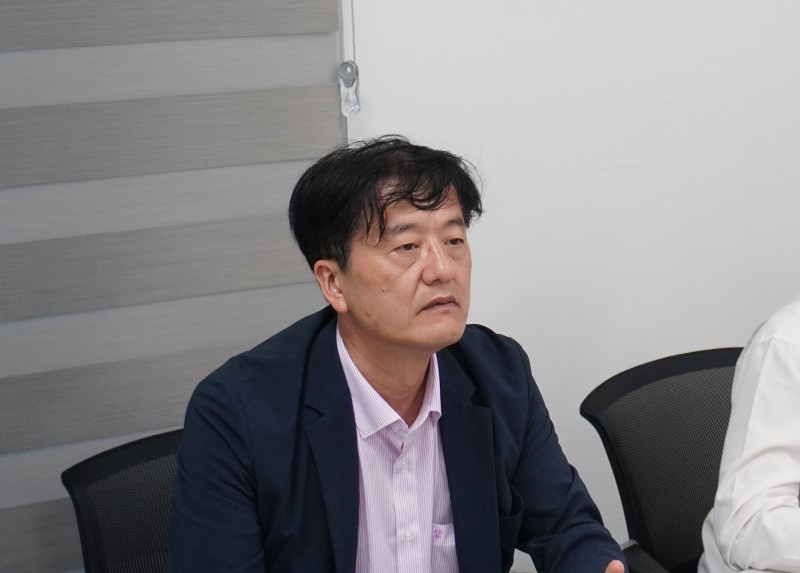
The Controller Area Network, commonly known as CAN, stands as a robust and standardized communication protocol that underpins the intricate network of electronic components within an electric vehicle (EV). Professor Lee's presentation meticulously unveiled the protocol's distinctive attributes and its integral role in facilitating seamless communication and coordination among various modules and control units, thereby optimizing the efficient operation of EVs.
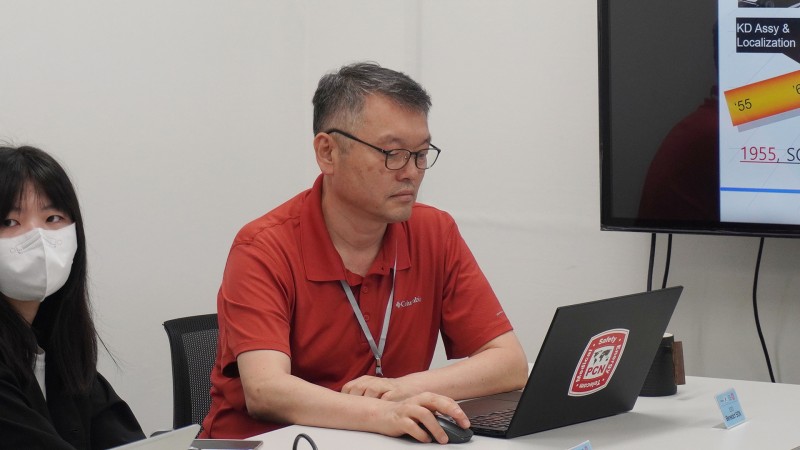
.
Tin Liên Quan
Xe điện 3 bánh chống lật khi cua
03-06-2024Xuất hiện công nghệ sạc xe điện siêu nhanh
03-06-2024Airbnb gia nhập cuộc đua trạm sạc xe điện
01-06-2024Xe điện không gặp khó, chỉ có Tesla thôi!
01-06-2024Categories
$15212.35
EUR: €12632.32
GBP: £11213.76
- $15212
- $14212
$15212.35
EUR: €12632.32
GBP: £11213.76
- $15212
- $14212
- $13212
$15212.35
EUR: €12632.32
GBP: £11213.76
- $15212
- $14212

